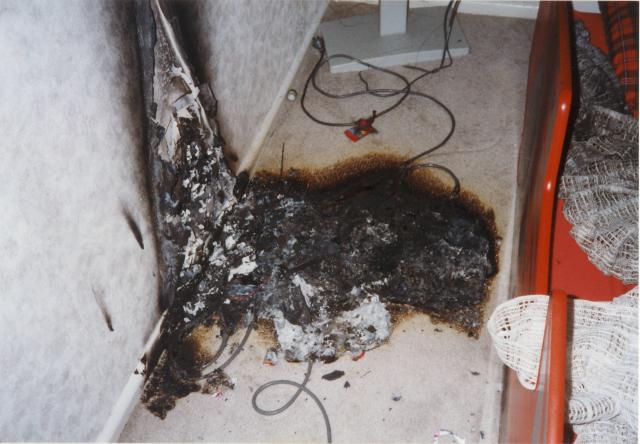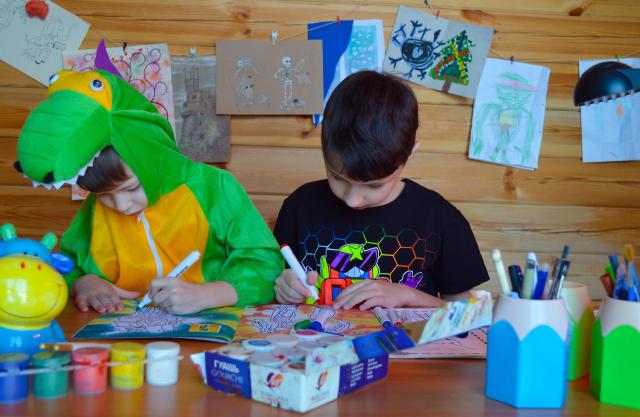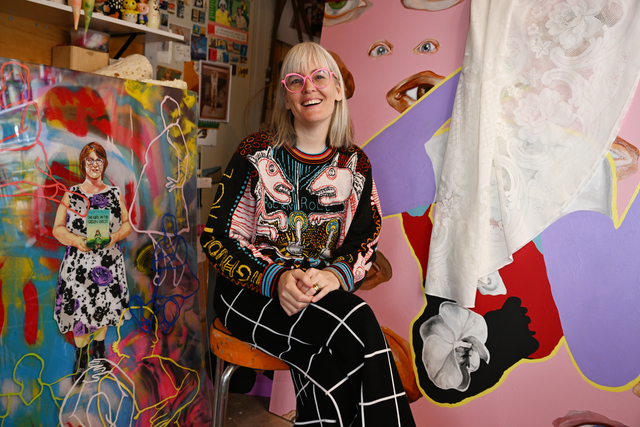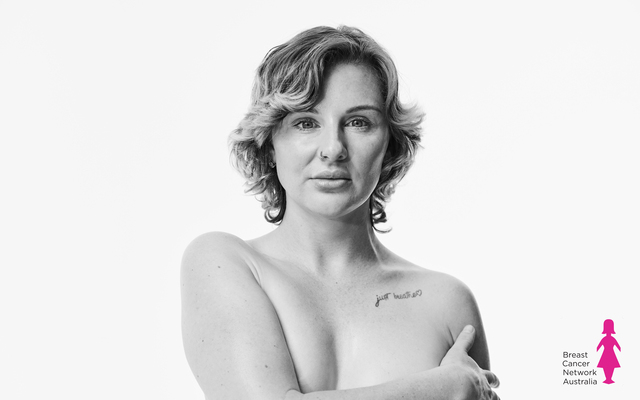The AFP-led Australian Centre to Counter Child Exploitation (ACCCE) is urging parents and carers, including those in Brimbank, to take privacy precautions before posting back-to-school photos online.
As the new school year begins many families take the opportunity to post happy snaps of their kids wearing their uniforms, at their school or with other identifying features.
AFP Commander Helen Schneider acknowledged sharing photos and milestones online was important for families, but that they should take a moment to think about who could access their images and importantly, what information could be found in their images.
“We have seen instances of otherwise innocent images being used in child exploitation material or offenders using information from photos, such as school uniforms, to identify and groom children,” she said.
“While these incidents are rare, they do happen, which is why we are urging families to be proactive with online safety and keep their information safe as the 2024 school year gets underway.
“We are urging parents and carers to do a quick privacy check on their social media platforms before they post their back-to-school photos to add another layer of security.
“Parents can also easily edit the logos of their children’s uniforms to conceal where they attend school as an extra precaution.”
A privacy check-up should include checking your privacy settings and making sure your social media accounts are secure and set to private or ‘friends only’, checking the privacy settings on the device you are using, if another person is taking photos of your child, having a discussion around how the photos will be used and how they will be shared, ensuring the background doesn’t give away your address or location, don’t post your location or ‘check in’, keeping your child’s uniform logo hidden and keeping your child’s personal information including full name and age private.
ThinkUKnow has released a quick reference guide for parents and carers to better understand sharing content including images and videos on social media and how to take action.
The guide includes examples of what information can be found in an image and a safety checklist for posting online.
Research conducted by the ACCCE in 2020 revealed only about half of parents talked to their children about online safety. 21 per cent of participants think there is a likelihood that online child sexual exploitation can happen to their child, three per cent listed online grooming as a concern and 21 per cent of participants felt online child exploitation is too repulsive and sickening to think about.
Commander Schneider said prevention is key to minimising inappropriate contact or the sharing of images online.
“ThinkUKnow.org.au is a great resource to help you develop good online habits that protect your children and deter offenders,” she said.
Members of the public who have information about people involved in child abuse are urged to contact the ACCCE. If you know abuse is happening right now or a child is at risk, call police immediately on Triple-0.
Details: www.accce.gov.au/report







